Photography is magical; it can indeed change a person, including their mental outlook. Ever since I started engaging in photography, my entire mental state has been different.
You might be listless at work, lethargic while doing chores, or even find hanging out with friends boring. But once you pick up a camera, you become full of energy.
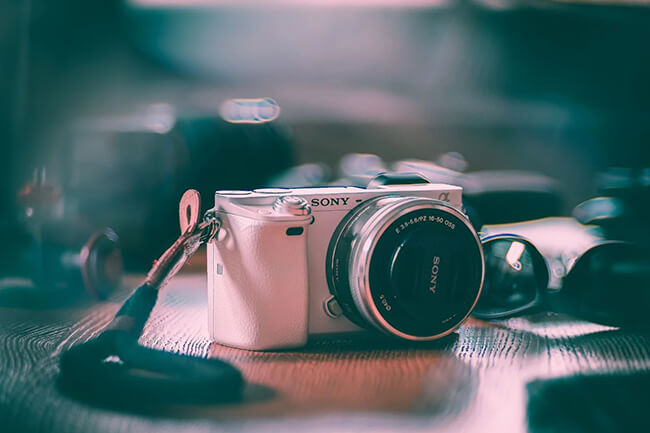
Especially when you first get a camera, no matter how much of a homebody you are, all you can think about every day is going out to take photos. The mere mention of shooting fills you with vitality, as if you have an endless supply of energy.
Before getting into photography, you might have thought about capturing beautiful girls or meeting them through photography. But after diving into it, it's like all those thoughts vanish into thin air. There are no more girls in your eyes, and you lose interest in any rare treasures.
Your eyes are only on photography equipment and shooting subjects. You're always paying attention to what cameras others are using and which angles can produce good shots.
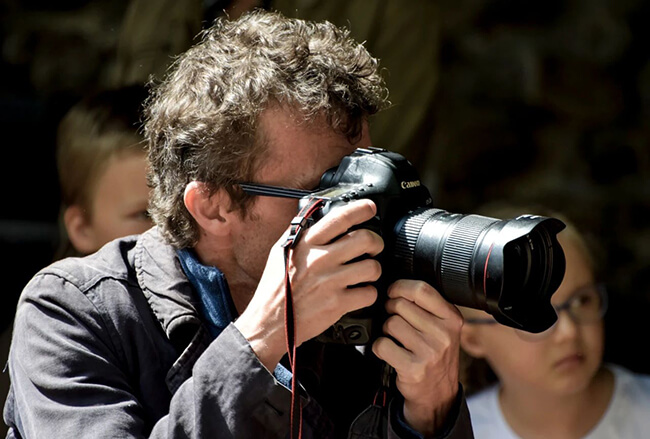
In the eyes of outsiders, photographers sometimes seem a bit mentally unstable.
Because you'll often see photographers staring blankly while holding a camera, or lying on the ground or in the grass without caring about their appearance. There are also those hiding in street corners, carrying huge lenses and ready to "fire" at the crowd at any moment. People who don't understand a photographer's work might really get a fright.
Besides that, you might see photographers giggling while holding their cameras, gritting their teeth and pressing the shutter frantically, or pacing back and forth by the lake with a tripod. Don't doubt it—they must be either conceiveing or questioning their life while shooting.
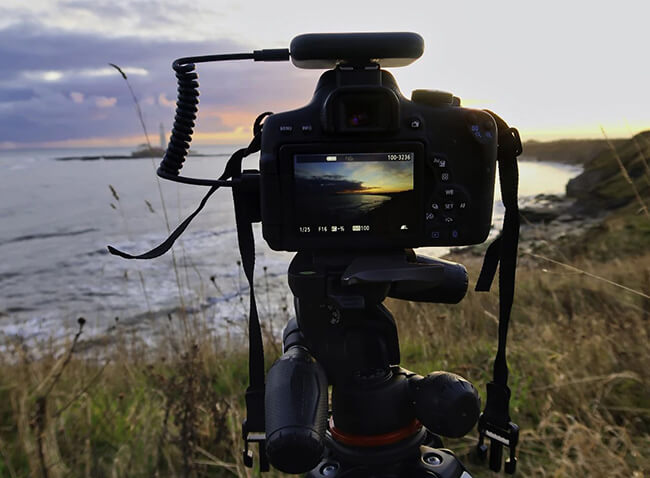
If you see someone standing on the rooftop of a building or by a high-rise window with a camera, don't worry. They're definitely not preparing to jump; they're taking photos.
After getting into photography, it's true that one can often be driven to the edge of mental breakdown by creation. Most photographers go through a phase of creative anxiety.
During this phase, photographers spend all day thinking about how to get good shots. Getting a great photo feels like a thorn stuck in their throat. If they don't get it right and take a few satisfying photos, they can't eat or sleep well, can't do anything properly, and have no mood for other things.
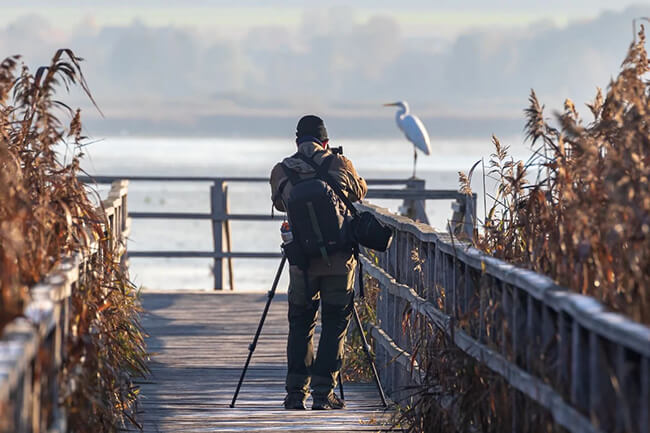
So, in order to get good shots, photographers can get a bit "obsessed". They like to "wrestle" with a single photo, with a determination to not stop until they get it right.
It's common to travel thousands of kilometers over mountains and rivers for a single photo; to wait for hours or even days for the perfect moment; or to take thousands or even tens of thousands of repeated shots to capture a scene well.
Some photographers even risk their lives or break the law to get a single photo. These are not advisable. Dedication is good, but there are things one should not do.
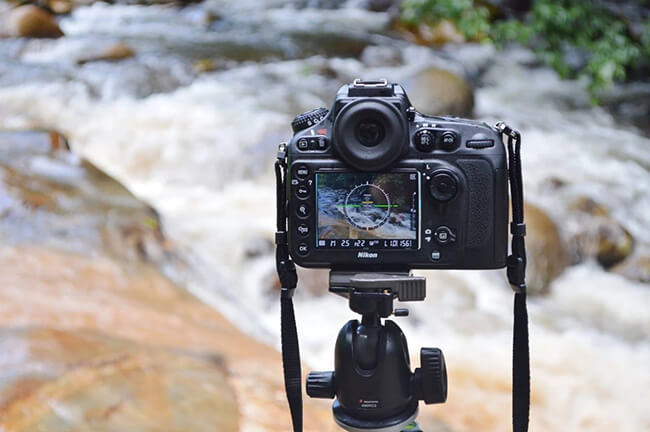
After years of shooting, a photographer's mental state may no longer be so euphoric and reckless, but more "Buddhist-like".
After years of shooting, veteran photographers have basically taken all the photos they need to take. The early freshness has long since passed, and their feelings about photography have changed. Veteran photographers are no longer so obsessed with getting "good shots"; instead, they value the photography experience more.
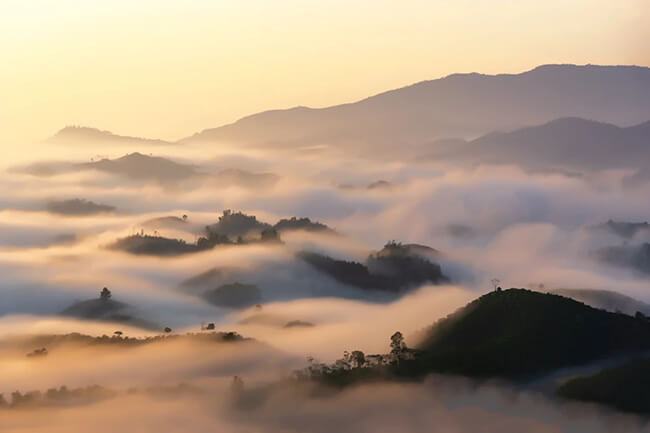
Going out to shoot is no longer just for the sake of shooting. It doesn't matter if they get good shots or not. They no longer get worked up over a single photo. If they encounter something worth shooting, they take it; if not, they don't force it. The key is the process of going out to shoot, being able to feel joy in the process, seeing the world through the lens, and experiencing the beauty of life. This is probably the ultimate meaning of photography.
Related Tags: Experience in using cameras
